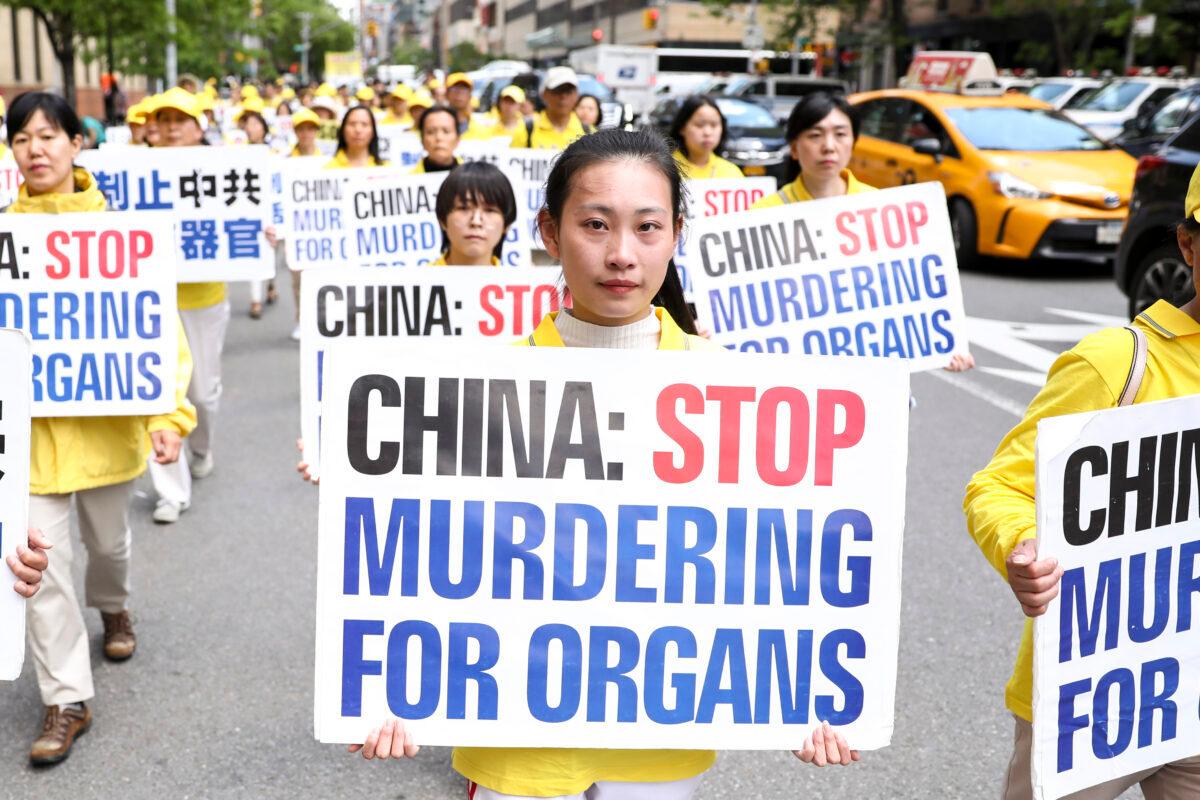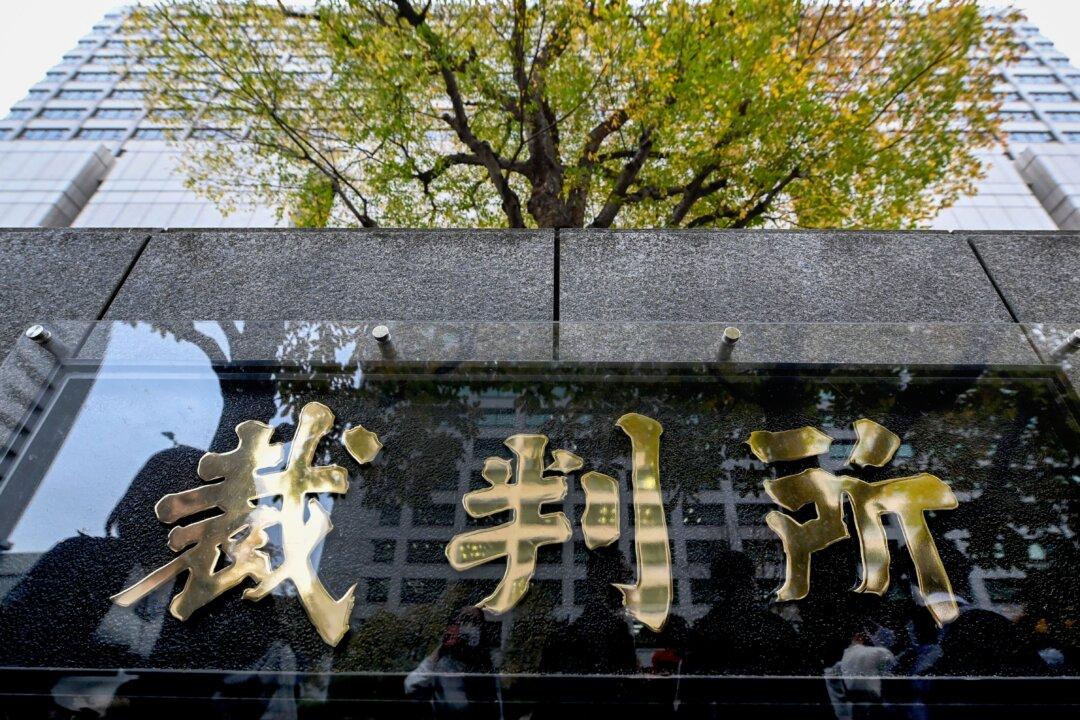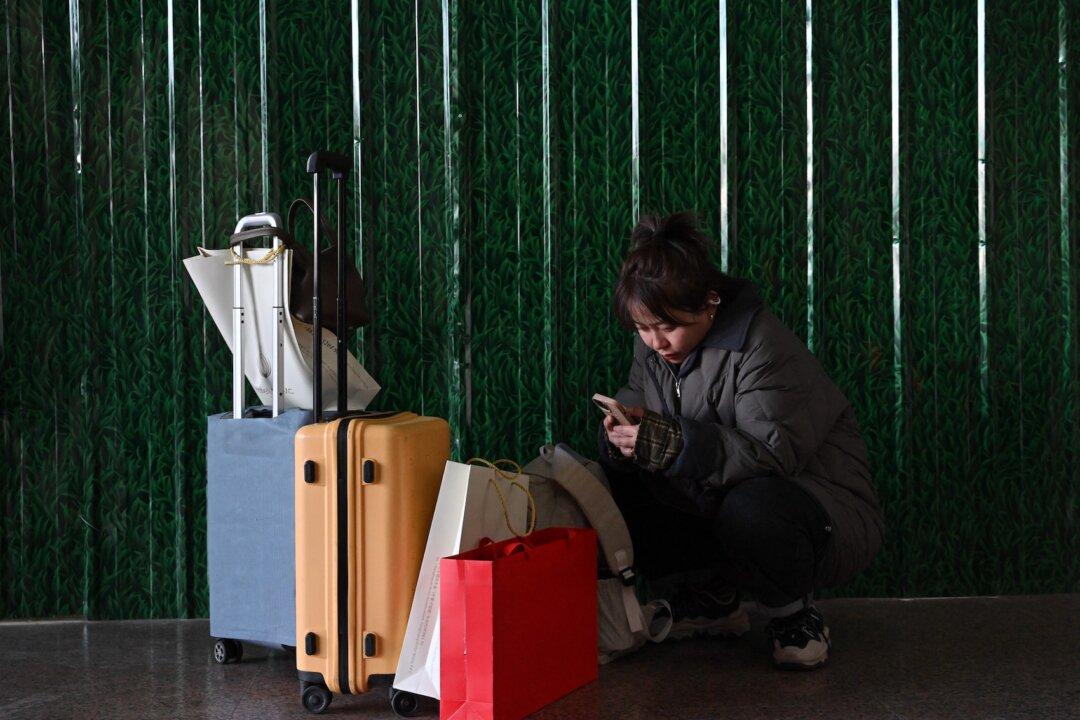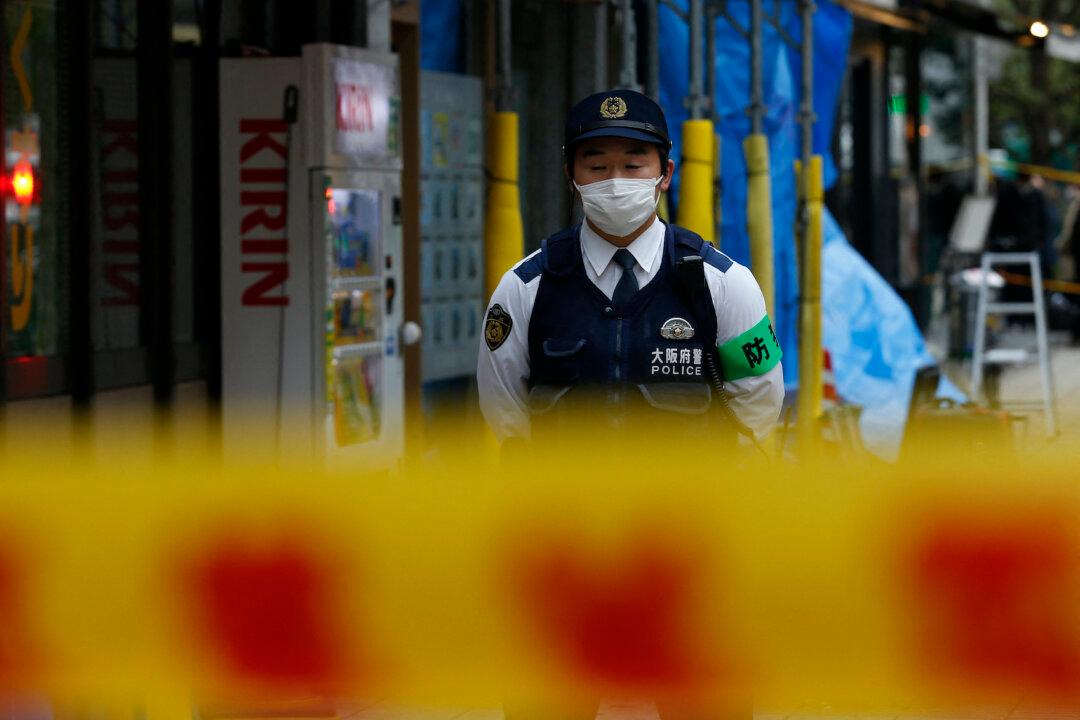The Tokyo Metropolitan Police Department on Feb. 7 arrested the head of a nonprofit organization for allegedly violating Japan’s organ transplant law. The organization sent its patients to China for organ transplants between 2017 and 2020, which highlights the Chinese regime’s practice of forced organ harvesting among prisoners of conscience.
Hiromichi Kikuchi, 62, is the head of the Intractable Disease Patient Support Association. According to Japanese media reports, Kikuchi’s organization acted as an intermediary service for Japanese patients needing organ transplants to go to China, Central Asia, and Eastern European countries to receive transplants without the Japanese government’s approval. Kikuchi reportedly reaped large profits.
Kikuchi’s organization allegedly approached Belarus last October, claiming to be accredited by the Japanese government, and asked it to accept patients for transplant operations.
“[We] were not involved in the specific selection of the donor, nor were we involved in any donor mediation.
“All operations were performed overseas according to the standards of the countries, and we do not think it is necessary to obtain permission from the Japanese Ministry of Health, Labor and Welfare,” he said.
Hundreds Sought Overseas Organ Transplants
Among the documents seized by police in the case is a roster of about 150 patients who sought help from Kikuchi’s organization. The investigation uncovered a series of allegations that have developed into a criminal case.According to the investigators, from October to November 2021, Kikuchi recommended an overseas liver transplant to a Tokyo man in his 40s with cirrhosis and prepared a hospital introduction letter. However, Kikuchi did not obtain permission from the government in the process.
Actions Unauthorized by Government
During the investigation, Kikuchi admitted that he had recommended transplant surgery to patients but denied violating the law, arguing that obtaining transplant surgery overseas does not require a permit from the Japanese government.The Tokyo police determined that Kikuchi’s series of behaviors, including recruiting transplant recipients and preparing letters of introduction, constituted intermediary behavior, which is illegal under the country’s organ transplant law.
“It is extremely regrettable if this was done without permission,” Chief Cabinet Secretary Matsuno Hirokazu said at a press briefing on Feb. 6.
China: Top Destination for Organ Transplant Tourism
Tokyo resident Nemoto told The Epoch Times on Feb. 10 that Kikuchi’s organization had long acted as an intermediary for overseas organ transplants but was mainly ignored by the Japanese government until now.“[The organization] had long been introducing people to places like China for organ transplants. But this time, the government decided to stop dismissing it. I think this is related to Japan’s change in attitude toward China,” Nemoto said.
According to the yearly reports available on the organization’s website, China was the primary target country for organ transplants from June 2017 to May 2019. Within that period, 19 out of 29 documented Japanese patients mediated through the organization received organ transplants in China, based on the available data.
The organization’s operating income at the time was 88 million yen (about $668,900), accounting for 61 percent of the total operating income in the last five years.
Taiwanese human rights lawyer Zhu Wan-qi told The Epoch Times on Feb. 10 that this is a typical case of organ transplant tourism, in which recipients go to countries where the vulnerable and impoverished serve as sources of organs, and Kikuchi’s organization played the intermediary role.
She said the law against forced organ harvesting is now being promoted in countries around the world.
Forced Organ Harvesting From Falun Gong Practitioners in China
China expert and current affairs commentator Li Yiming told The Epoch Times on Feb. 10 that the international community has become aware of the large-scale forced organ harvesting of Falun Gong practitioners in China—thanks to several international human rights groups working continuously to convey the truth since 2006.
“All members of this organ transplant agency [Kikuchi’s organization] know this truth. The organization’s website mentions that they are aware of the Declaration of Istanbul issued by the international medical community. But the organization argues that this declaration is not legally binding, so it continues to facilitate organ transplants overseas. It completely disregarded the most basic human morals and ethics in order to make money,” Li said.
Massive ‘Organ Pillaging’ Perpetrated by the CCP
Toshimi Ida, director of the Japan Transplant Tourism Consideration Association, said in an interview with The Epoch Times on Feb. 10 that the Japanese people are learning the truth about the large-scale forced organ harvesting by the Chinese Communist Party (CCP). And Kikuchi’s arrest could raise more awareness about the issue that the Chinese regime tries to cover up.“We have held more than 140 screenings in various parts of Japan. Many people expressed disbelief about the CCP’s organ harvesting from living Falun Gong practitioners. However, in the face of an overwhelming number of facts, they truly felt the evil and terror of the Chinese regime,” Ida said.
“Although [Kikuchi’s] arrest is only for the defendant’s unethical and illegal business activities, it has undoubtedly opened Pandora’s box. Organ pillaging is no longer an untouchable topic in Japan. The atrocities perpetrated by the CCP will soon be known to Japanese society.”
According to Ida, as of February, nearly 120 members of the Japanese legislature have expressed their approval of the group’s motion to improve the country’s organ transplant laws, and 87 prefectural and municipal councils have also issued statements calling for improvements to the country’s organ transplant system.





